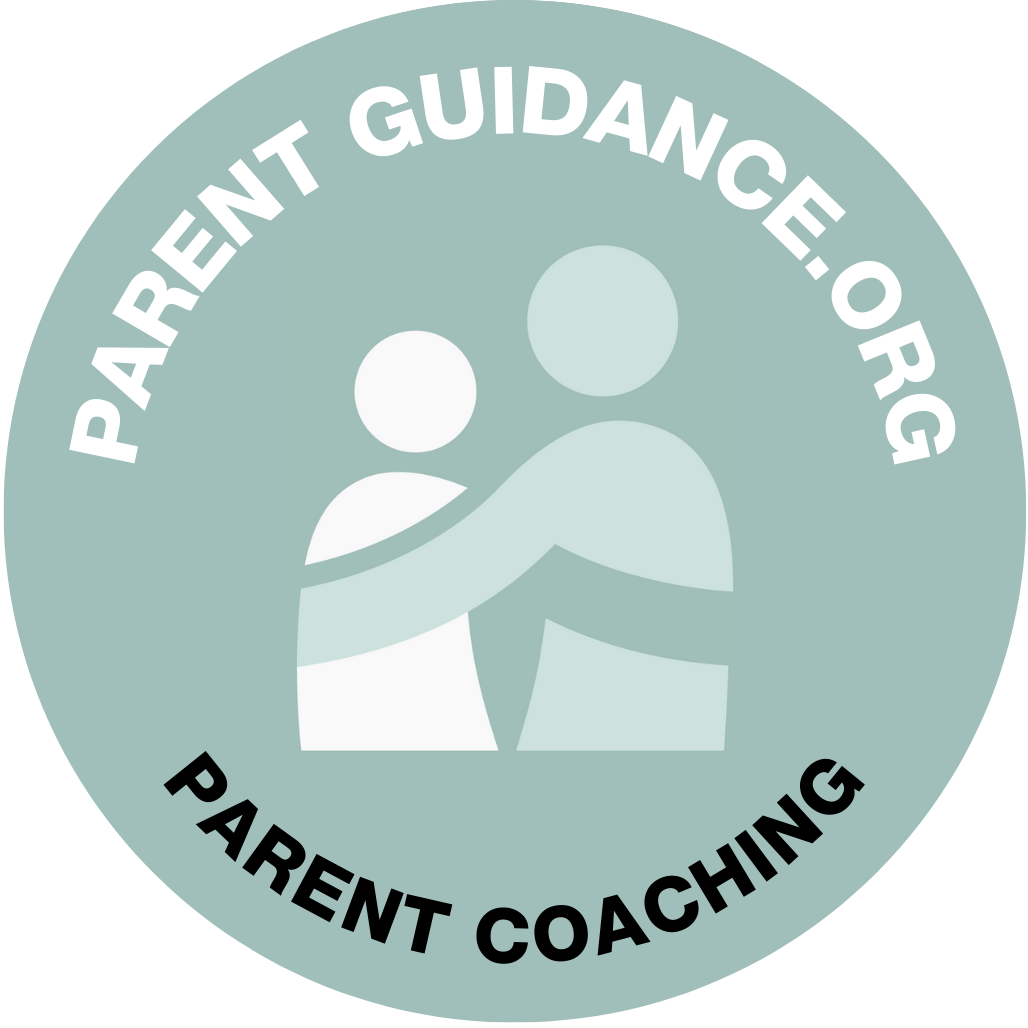504 plan
A 504 plan is a blueprint for supporting a student with a disability by removing barriers. It gives the student equal access to learning in the general education classroom. Students with 504 plans tend not to need specialized instruction (special education).
Accommodation
An accommodation is a way of helping kids who learn and think differently succeed in school and addresses a specific challenge.
For example, a child with dyslexia may be allowed to use text-to-speech technology.
Even with accommodations, students are expected to learn the same content as their peers.
Annual Goals
Annual goals are the academic and everyday skills the IEP team thinks a student can achieve by the end of a school year.
These goals are geared toward helping students take part in the general education classroom.
Assistive Technology
Assistive Technology is a tool ― a device, a piece of equipment, or software ― that helps a student learn, communicate, and function better in school.
Assistive Technology tools can range from simple tools like highlighters to high-tech software, such as an app that reads text aloud.
Behavior Intervention Plan (BIP)
A Behavior Intervention Plan, or BIP, is a plan that is designed to teach and reinforce positive behavior.
Typically, the plan includes strategies to prevent and address behavior that gets in the way of learning. It may also have supports and aids for the student.
Disability
A disability is a condition recognized by the law. To qualify for an IEP, a student must have a disability that falls under one of the 13 categories listed in the Individuals with Disabilities Education Act (IDEA).
Many students who learn and think differently are eligible in one of 3 categories:
(1) specific learning disability;
(2) other health impairment; and
(3) speech or language impairment.
Individualized Education Plan
An Individualized Education Plan, or IEP, is the plan that explains the specialized instruction, supports, and services kids need to make progress and thrive in school.
Individuals with Disabilities Education Act (IDEA)
The Individuals with Disabilities Education Act (IDEA) is the nation’s special education law. IDEA is a federal law that guarantees all students with disabilities access to a free, appropriate public education.
Modification
A modification is a change in what a student is taught or expected to do in school.
For example, a student struggling with math challenges and who has not mastered addition may be allowed to continue working on addition while their classmates move on to subtraction.
Transition Plan
A transition plan is a part of the Individualized Education Plan (IEP) and lays out what a teen will learn and do in high school in order to thrive as a young adult.
The IEP team and the student develop the plan together before it kicks in at age 16.
The transition plan includes academic goals, life skills, and job training.


